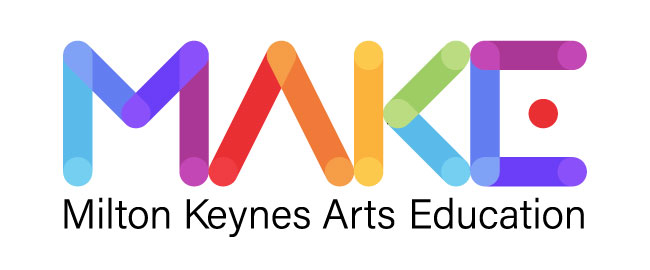10 reasons why you should prioritise education through the arts
|
Tell me and I will forget Show me and I may remember Involve me and I will understand Confucius
At Artis, when we talk about education through the arts, we don’t just mean weekly music, drama or art lessons. We’re talking about teaching the core primary curriculum of science, maths and English using the arts. A teaching and learning approach that is fully participatory and connects to all learning styles within the classroom. Children who are taught using this approach may sing about poetry, dance their times tables and use drama to explore electricity.
If you’re unsure about the real benefits of education through the arts, or if you don’t know whether it’s something you should consider, take a look at the top 10 reasons why you should prioritise education through the arts:
1) Improved attainment and a strengthened understanding of classroom topics. For example; if children are dancing their times tables (see how to do it here) their retention rate for that information should be significantly higher than if they learnt only in a traditional classroom style.
2) An understanding of rhythm & timing can go a long way in improving maths ability. Children who learnt about fractions through a music based approach outperformed their peers who had been taught using traditional methods (Susan Joan Courey et al. 2012, Educational Studies in Mathematics*).
3) Significantly improve comprehension, speaking & listening and literacy skills by using drama based approaches in your English lessons.
4) Not only can dance help children with maths, frequent dancing will also improve overall fitness, balance & coordination.
5) Evidence has shown that singing can improve phonemic awareness – a critical factor when children are learning to read.
6) By incorporating the arts in to your classroom, you will be better catering for the different learning styles of your children and giving all children a time to shine.
7) Using dance, drama and music is a fantastic way to engage EAL learners in the curriculum, as well as improve language awareness and confidence. The arts are accessible to all regardless of their language level.
8) Children who are frequently involved in the arts often have improved cooperation, team working skills and increased respect for others.
9) The arts nurture inventiveness. In a world where we want our children to develop the 21st century skills to be entrepreneurial & creative in the workplace, these are invaluable skills to embed in children from a young age.
10) Arguably some of the most important changes we see in children who learn through the arts are the hardest to measure;increased confidence, an outlet for self-expression, a sense of belonging and empathy for others.
If you’d like to learn more about how you can incorporate the arts in to your classrooms – take a look at our free resources here:/teaching-resources
*http://link.springer.com/article/10.1007%2Fs10649-012-9395-9 |
17 Sep 2013 |















